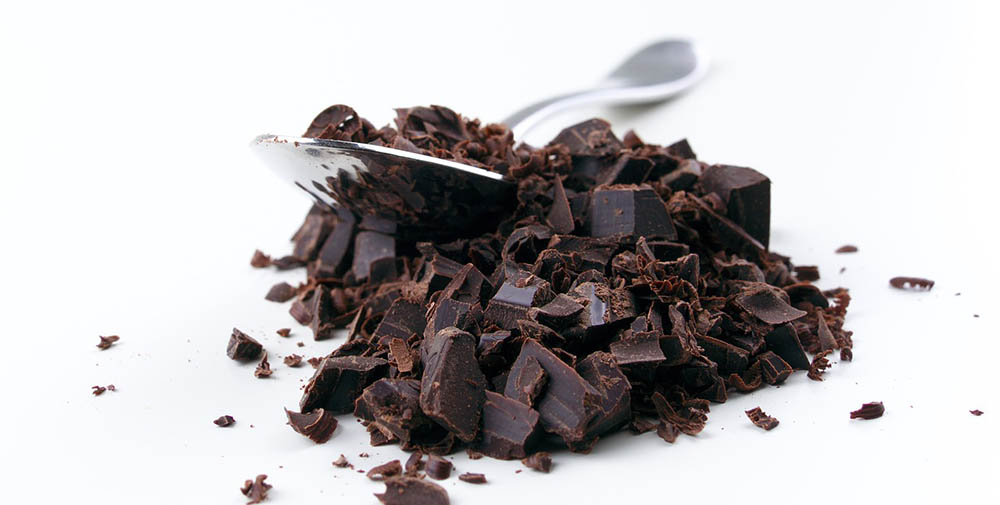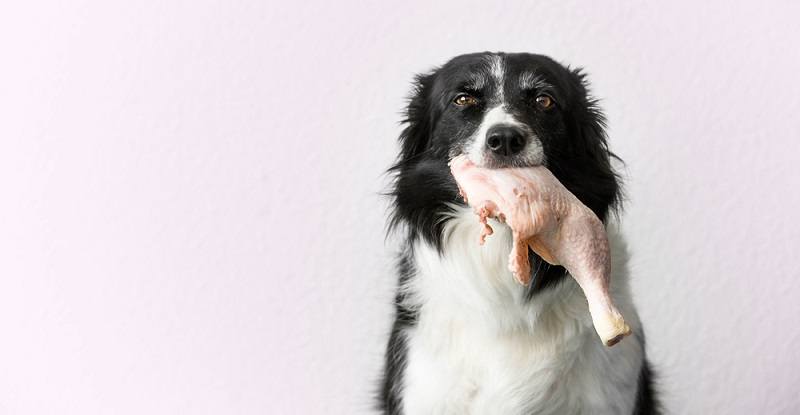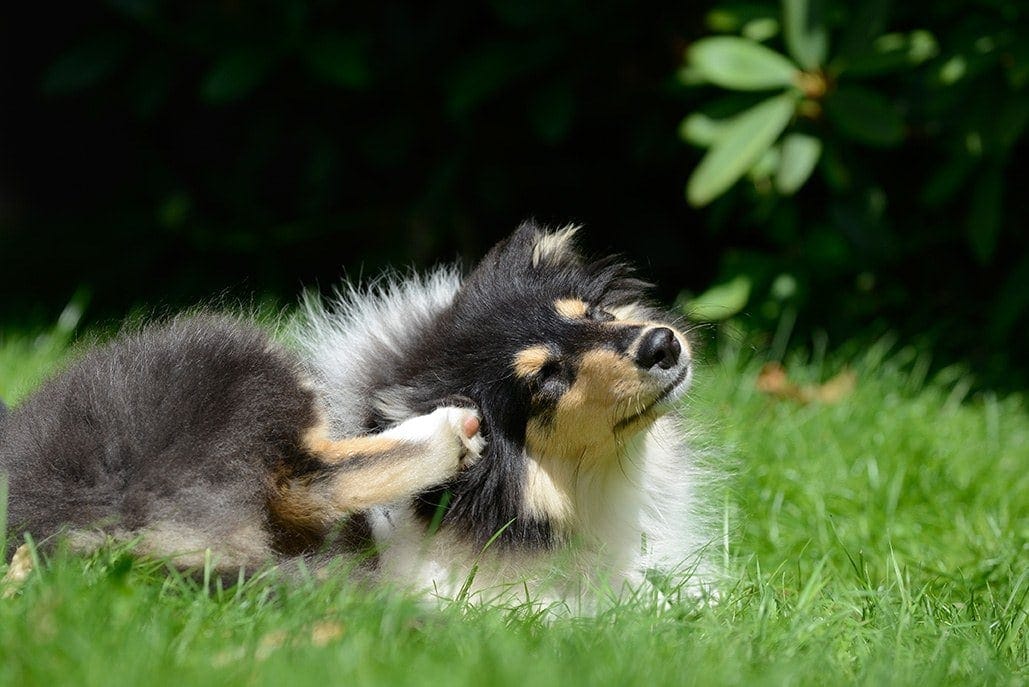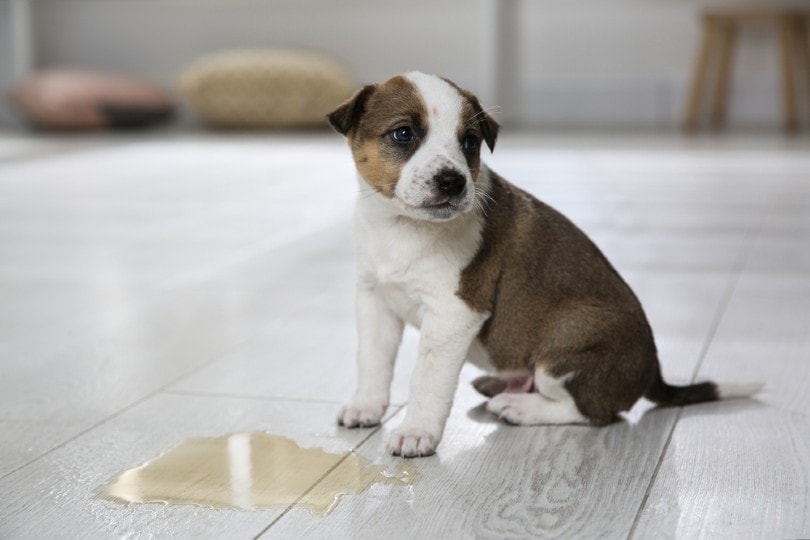If you’ve noticed your dog eating grass lately, there’s no need to be alarmed. There are several possible explanations why your dog may be eating grass. It is often a sign of a health need that isn’t being met and can be resolved by a simple change in care. We will go over this and other reasons, as well as provide basic steps to take if your dog is dealing with this particular problem.
Not every dog will vomit after eating grass, although it is a possibility. Check your dog when they make sounds like they’re going to get sick. They are not in danger; they just upset their stomach from grazing on grass. Also, grazing isn’t always a sign that your dog is sick or malnourished. In this article, we cover four reasons your dog is eating grass and what you can do about it.
The 4 Reasons Your Dog Eats Grass
1. They need more fiber
A big reason your dog may be chewing or eating grass is that they are trying to fulfill a missing part of their diet, usually fiber. They may feel digestive discomfort and choose to chew on grass to help them feel better. Chewing grass is not the best option, however, especially if it causes vomiting.
You can address this issue by purchasing a new type of dog food that has more whole ingredients, as well as grains for the added fiber they need. You could also consider giving them a fiber supplement, but please check with your vet first to make sure it’s a healthy option for your dog. Natural fiber options include wheatgerm, carrots, broccoli, flaxseed, apples, and pumpkin. Simply adding these to their diet can vastly improve their digestive health, as well as their overall wellbeing.

2. They have intestinal worms
Intestinal worms could also bring on a feeling of digestive discomfort, so they try to alleviate the feeling by grazing. Worms usually come with additional side effects, including diarrhea, vomiting, lethargy, and blood in the stool. If you notice these symptoms or any others, take your dog to the vet to get treated. You want to take care of the problem before it worsens or spreads.

3. They are bored
Another reason your dog may be chewing on grass is because they are simply bored. If you find that there isn’t a medical reason for the grazing, your dog simply may need more exercise or mental stimulation.
If this is the case for your dog, be sure to take them on walks regularly and go for trips to the park where they can run and play. If you’re worried that they’re bored while you’re at work or away from home, there are toys they can safely play with while they’re alone. For example, there is a rope toy with a suction cup base that acts as a tug-of-war game for your dog even when they don’t have a playmate. They can pull on it and it won’t budge. There’s an outdoor option where a ball is placed into the machine and is thrown for a short distance, emulating a game of fetch. That toy requires training on the dog’s part, of course, as they need to know how to place the ball in the slot after fetching it.
These options all make sure your pet is getting the physical exercise they need in order to avoid boredom.
- Related Read: 7 Natural Home Remedies for Dog Stuffy Noses and Colds

4. They like the way the grass tastes
The simplest explanation for why your dog is chewing on grass is that they like the taste or feel of it. There’s no harm in your dog eating or chewing on grass as long as they are not vomiting or becoming constipated. Your dog may only chew grass every once in a while, so it may not be a pressing issue to address. See the vet if their state of health becomes a concern so you both can look for possible solutions.
It is not necessarily dangerous for your dog to eat grass unless it points to a nutritional or digestive issue, which can be treated at home or with medicine from your vet.
Featured Image Credit: StefanieMueller, Shutterstock






